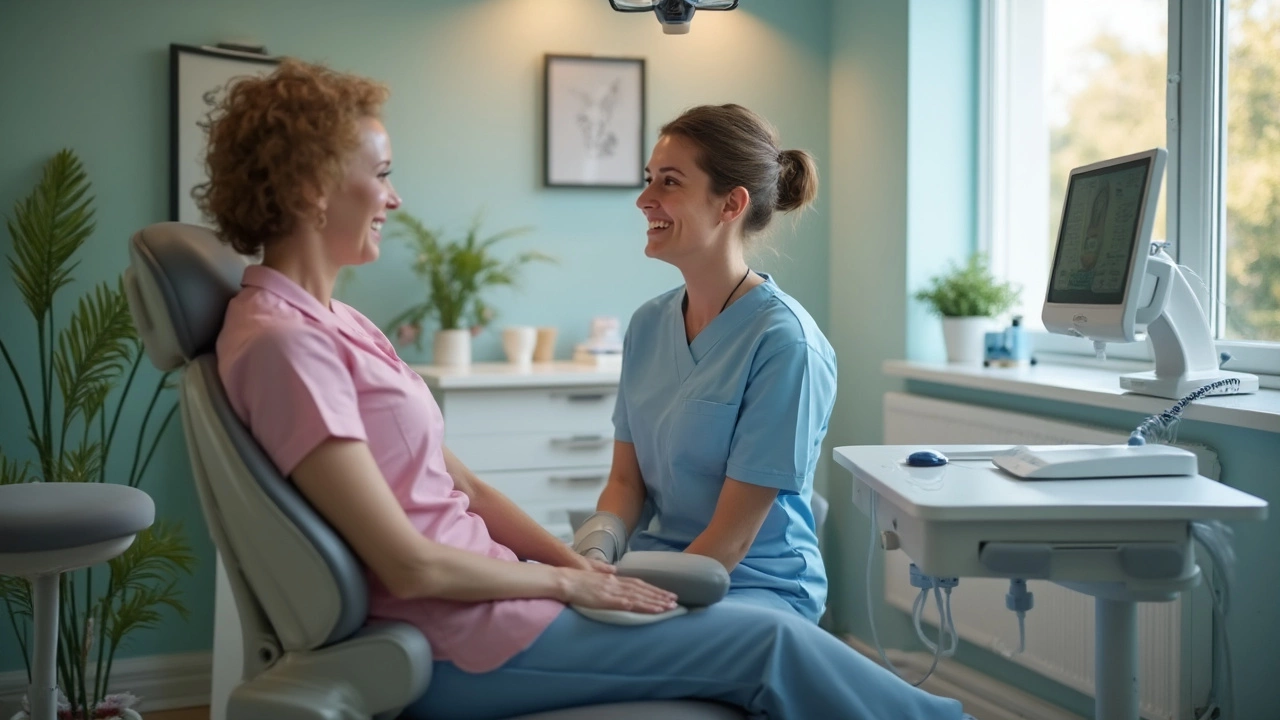Sedation Explained: What It Is and Why It Matters
Ever wondered what "sedation" actually does when you’re about to have a minor surgery or a dental cleaning? In plain terms, sedation is medicine that helps you relax, block pain, or even drift off while a doctor works. It isn’t magic – it’s a carefully chosen drug dose that matches the procedure and your health. Knowing the basics can make you feel more in control and less anxious.
Types of Sedation You’ll Encounter
There are three main levels doctors talk about. Minimal (or anxiolysis) keeps you awake but calm – think of the pills you take before a dental filling. Moderate (or conscious) lets you nod off while still being able to answer simple questions; this is common for colonoscopies or minor plastic surgeries. Deep sedation is a step closer to general anesthesia – you’re not really aware of what’s happening, but you can still breathe on your own. The choice depends on how invasive the procedure is and how you react to meds.
Each type uses different drugs. Benzodiazepines like midazolam are popular for light to moderate sedation, while propofol often powers deeper plans. The key is the dose: too little, and you might feel uneasy; too much, and recovery can take longer. Your doctor will consider your age, weight, allergies, and any current meds before picking the right cocktail.
Staying Safe and What to Ask Your Provider
Safety starts before you even step into the clinic. Tell your doctor about every medicine you take – even over‑the‑counter painkillers or herbal supplements. Ask if you need to fast and for how long; food in the stomach can cause complications with many sedatives. Find out who will monitor you: a nurse, anesthetist, or the surgeon themselves? Knowing the answer lets you trust the team.
During the procedure, the team watches your breathing, heart rate, and oxygen levels. Modern monitors are very accurate, but you can still feel uneasy. A simple question like, “What will I feel when the sedation starts?” can clear up a lot of mystery. Afterward, ask about recovery: how long until you can drive, eat, or return to work? Most people bounce back within a couple of hours after moderate sedation, but deep sedation may need a longer rest.
If you have a history of sleep apnea, heart problems, or chronic lung disease, bring it up early. These conditions can change the sedation plan – maybe a lighter dose or a different drug altogether. Your health record helps the provider avoid risky combinations and keep you safe.
Finally, keep an eye on side effects once you’re home. Light dizziness, a sore throat, or mild nausea are normal. Severe trouble breathing, chest pain, or prolonged confusion means you should call your doctor right away. Having a friend or family member stay with you for the first few hours can make recovery smoother.
In short, sedation is a useful tool that turns a potentially stressful procedure into a comfortable experience. By understanding the levels, asking the right questions, and following post‑procedure advice, you can enjoy the benefits without unwanted surprises.
Dental Implant Sedation: Are You Put to Sleep for the Procedure?
Worried about whether you'll be awake or asleep for a dental implant? This article breaks down exactly what to expect, the types of sedation you might be offered in the UK, and what it's really like during the procedure. Find facts, simple explanations, and tips on what to ask your dentist. We cover pain control, safety, and ways you can prep for an anxiety-free experience. Skip the myths and get the real scoop on dental implant sedation.
Are You Put to Sleep for Dental Implants? What to Expect in the UK
Getting dental implants raises lots of questions, especially about sedation and how comfortable the process is. This article breaks down what actually happens during the procedure, the different types of sedation used in the UK, and how you can decide what's best for your comfort level. You'll also find tips for managing nerves if the dentist's chair makes you uneasy. We’ll tackle practical concerns, bust myths, and help you walk in feeling much more prepared.


